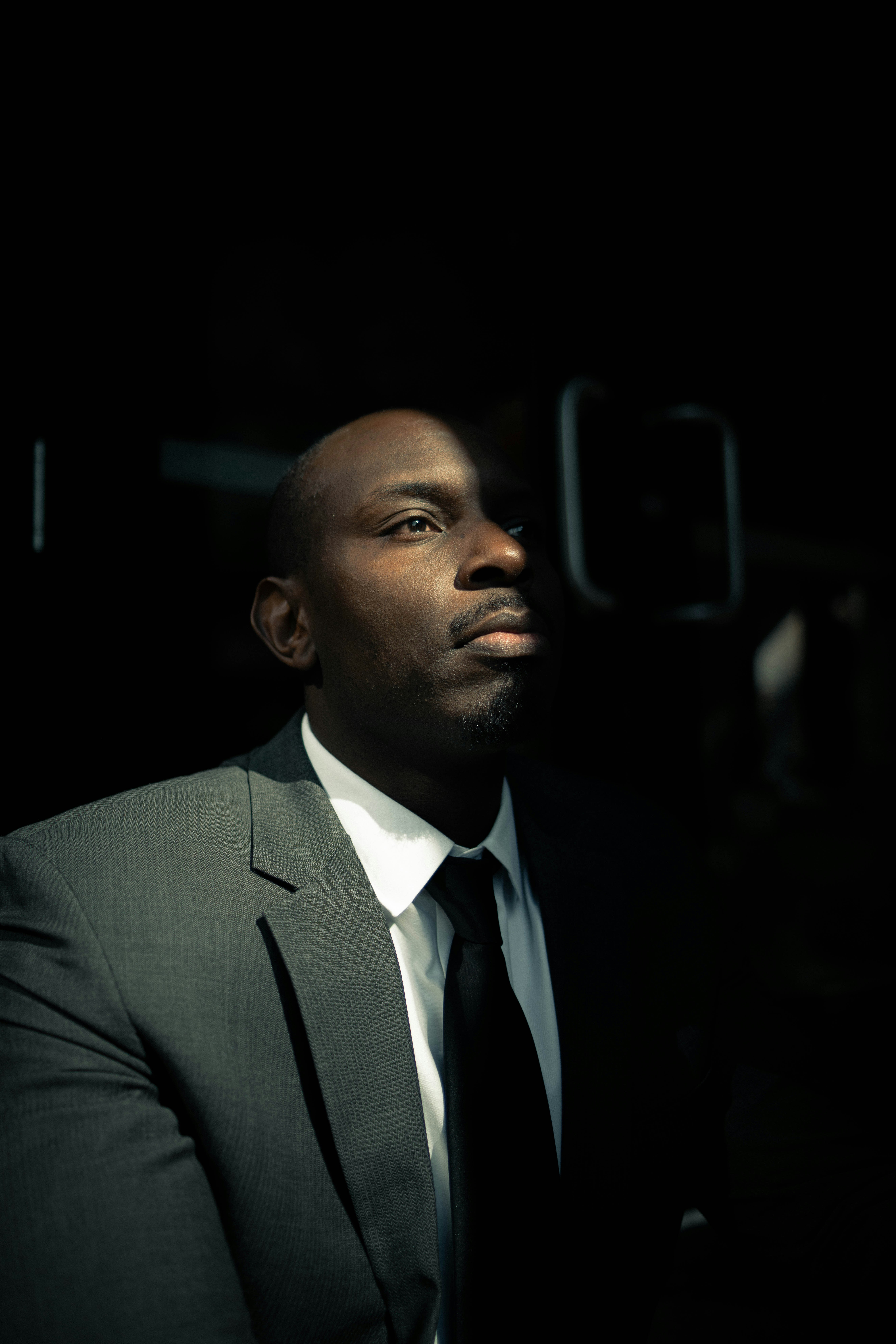
Building Resilient Teams Through Emotional Intelligence: Your Leadership Edge
In the dynamic world of corporate leadership, the secret to building resilient and high-performing teams lies not just in strategic acumen but in the power of Emotional Intelligence (EI). This approach goes beyond traditional metrics to foster a work environment where understanding, adaptability, and mutual respect flourish. Emotional Intelligence becomes the bedrock upon which resilient teams are built, enabling them to navigate challenges with grace and emerge stronger.
Understanding Emotional Intelligence
At its core, Emotional Intelligence encompasses self-awareness, self-regulation, motivation, empathy, and social skills. It’s the ability to recognize and understand your emotions and those of others, and to use this awareness to manage interactions positively.
The Foundation: Self-Awareness and Self-Regulation
Self-awareness is recognizing your feelings and the effects they have on your thoughts and actions. It’s the first step in managing your emotional reactions—a critical skill in maintaining a productive and harmonious team environment. Self-regulation, on the other hand, involves controlling or redirecting your disruptive emotions and adapting to changing circumstances with flexibility.
The Drive: Intrinsic Motivation
Intrinsic motivation refers to the drive to act for the sake of enjoyment and satisfaction rather than for external rewards. Leaders who foster this within their teams create an environment where passion and persistence are the norms, significantly enhancing productivity and creativity.
The Glue: Empathy and Social Skills
Empathy, the ability to understand and share the feelings of another, is crucial for effective leadership. It enables leaders to connect with their team members on a deeper level, fostering a supportive and inclusive environment. Coupled with strong social skills, leaders can effectively navigate and resolve conflicts, communicate clearly, and build strong, cohesive teams.
Harnessing EI for Team Resilience
A team’s resilience is tested in times of challenge and change. Leaders adept in Emotional Intelligence can guide their teams through these moments, using empathy to understand and address concerns, self-regulation to maintain composure, and intrinsic motivation to inspire perseverance.
Practical Steps to Enhance EI in Your Team
1. Facilitate Open Communication: Encourage team members to express their thoughts and feelings in a safe, non-judgmental environment.
2. Lead by Example: Demonstrate emotional intelligence in your interactions, showing self-awareness, empathy, and resilience.
3. Invest in EI Training: Provide opportunities for your team to develop their EI skills through workshops and training sessions.
4. Recognize and Reward EI Behaviors: Acknowledge acts of empathy, effective communication, and emotional self-regulation within your team.
Partnering with Be Active
Understanding and integrating Emotional Intelligence within your team is a journey—one that reaps significant rewards in terms of productivity, morale, and overall success. However, it’s a path that benefits greatly from expert guidance and support.
Be Active specializes in amplifying workplace wellness, not just physically but emotionally and mentally, through a holistic approach that addresses the nuances of Emotional Intelligence in the corporate setting. Our programs are designed to equip leaders and their teams with the skills to thrive in today’s fast-paced, ever-changing business environment.
A Day in the Life: Practicing EI in the Workplace
Meet Alex, a project manager in a leading tech company, who stands out not just for technical expertise but for exceptional emotional intelligence. Alex's day is filled with opportunities to practice and model EI, fostering a resilient, motivated, and cohesive team environment.
Morning Check-in: Setting the Tone with Empathy
Alex starts the day with a brief team check-in. Rather than diving straight into tasks, Alex asks each team member how they're feeling and listens actively to their responses. This simple act of empathy demonstrates care for the team's well-being beyond just their output. When a team member, Jordan, mentions feeling overwhelmed with the current project, Alex acknowledges the feeling without immediate judgment or solutions, creating a space where vulnerabilities can be shared openly.
Midday Meeting: Self-Regulation in Action
During a midday project review, the team encounters unexpected feedback from a client, suggesting significant changes that could impact the timeline. While the team's initial reaction is frustration, Alex remains calm and composed, showcasing self-regulation. Alex guides the team through a structured brainstorming session to address the feedback constructively, turning potential stress into a problem-solving opportunity. This approach helps the team shift from a reactive to a proactive mindset, maintaining focus and morale.
Afternoon One-on-Ones: Intrinsic Motivation and Social Skills
In one-on-one meetings, Alex focuses on understanding each team member's personal goals and how they align with the project. By connecting the project's outcomes to individual motivations, Alex strengthens the team's intrinsic motivation. For Sam, who's passionate about design, Alex highlights how their role in the project contributes to the user experience, linking Sam’s personal growth to the team's success.
Additionally, Alex uses these meetings to practice social skills, offering constructive feedback in a manner that's both clear and compassionate. This fosters a culture of continuous improvement and open communication, where feedback is seen as a tool for development rather than criticism.
End-of-Day Reflection: Self-Awareness to Foster Growth
At the end of the day, Alex reflects on the interactions with the team, considering what went well and areas for personal growth. This self-awareness practice allows Alex to identify personal triggers and responses, ensuring that leadership is not just about guiding others but also about continuous personal development. Recognizing a moment where frustration almost took over during the client feedback discussion, Alex plans to explore stress management techniques to maintain composure even more effectively in future situations.
The Outcome
Through these practices, Alex not only navigates the day's challenges with grace but also cultivates a team environment where emotional intelligence is valued and practiced by all. The team feels heard and supported, leading to increased engagement, creativity, and productivity. Challenges become opportunities for growth, and the workplace culture thrives on mutual respect and understanding.
Conclusion
Alex's example illustrates how leaders can integrate emotional intelligence into their daily routine, transforming potential stressors into opportunities for team development and cohesion. It’s the subtle, consistent application of EI that builds resilient teams capable of navigating the complexities of the modern workplace with confidence.
Embrace EI in Your Leadership
This story is a testament to the power of emotional intelligence in leadership. By practicing empathy, self-regulation, motivation, social skills, and self-awareness, leaders like Alex can create an environment where teams not only succeed but thrive.
Interested in fostering this culture in your organization? Partner with Be Active for tailored strategies and insights to elevate your team's emotional intelligence and unlock their full potential. Together, we can create a workplace where emotional intelligence drives success.
Transform Your Leadership and Your Team
Embrace the transformative power of Emotional Intelligence to cultivate a resilient, motivated, and cohesive team. With Be Active, you gain a partner committed to guiding you through this journey, offering tailored strategies and actionable insights to unlock the full potential of your leadership and your team.
Discover the difference Emotional Intelligence can make in achieving your organizational goals. Let’s embark on this path together, reshaping the future of your team and setting new standards of success.
Reach out to Be Active today, and take the first step towards fostering a resilient, high-performing team with the power of Emotional Intelligence.





.jpg)














